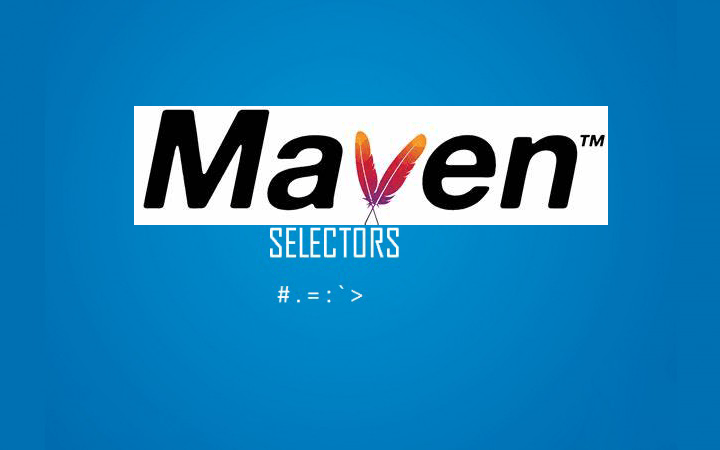Maven中dependency和plugins的继承与约束
时间:2022-12-19 11:29:28
父子项目核心点是在于通过将一个大项目拆分为若干子模块,每个模块以子项目的形式存在,不同的子项目共享父项目的设置与约束。
所以,父项目承担的角色是建立各个子项目的约束和一致的基础。
父项目配置
<project xmlns="http://maven.apache.org/POM/4.0.0" xmlns:xsi="http://www.w3.org/2001/XMLSchema-instance" xsi:schemaLocation="http://maven.apache.org/POM/4.0.0 http://maven.apache.org/xsd/maven-4.0.0.xsd"> <modelVersion>4.0.0</modelVersion> <groupId>com.parent.project</groupId> <artifactId>project-artifiact</artifactId> <version>0.0.1.7-SNAPSHOT</version> <packaging>pom</packaging> <!-- dependency in inheritance --> <depdencies> <dependency> <groupId>org.apache.commons</groupId> <artifactId>commons-lang3</artifactId> <version>3.8.1</version> </dependency> </dependencies> <!-- depdency constraints --> </dependencies> <dependencyManagement> <dependencies> <dependency> <groupId>junit</groupId> <artifactid>junit</artifactId> <version>4.8.2</version> <scope>test</scope> </dependency> <dependency> <groupId>log4j</groupId> <artifactid>log4j</artifactId> <version>1.2.16</version> </dependency> </dependencies> </dependencyManagement> <!-- plugin constraints --> <pluginManagement> <plugins> <plugin> <groupId>org.apache.maven.plugins</groupId> <artifactId>maven-source-plugin</artifactId> <version>2.1</version> <configuration> <attach>true</attach> </configuration> <executions> <execution> <phase>compile</phase> <goals> <goal>jar</goal> </goals> </execution> </executions> </plugin> </plugins> </pluginManagement> <modules> <module>A</module> <module>B</module> </modules>
在父项目中,其packaging值设置为pom,表示其定义为定义和描述项目的结构,而非真实的项目。
子项目定义
<?xml version="1.0" encoding="UTF-8"?> <project xmlns="http://maven.apache.org/POM/4.0.0" xmlns:xsi="http://www.w3.org/2001/XMLSchema-instance" xsi:schemaLocation="http://maven.apache.org/POM/4.0.0 http://maven.apache.org/xsd/maven-4.0.0.xsd"> <modelVersion>4.0.0</modelVersion> <parent> <artifactId>parent-project</artifactId> <groupId>com.parent.project</groupId> <version>0.0.1.7-SNAPSHOT</version> </parent> <artifactId>child-project</artifactId> <version>0.0.1.7-SNAPSHOT</version> <packaging>jar</packaging> ...........
dependencies
在上述示例中,定义了dependencies的节点,这个节点中定义的dependency将被其子项目继承,可以在子项目默认加载进来。
dependencyManagement
在此节点中定义的dependency对于子项目而言,有版本上的约束,在子项目中,如果有指定版本,则默认使用父项目中约定的版本。
示例:
<dependency> <groupId>junit</groupId> <artifactid>junit</artifactId> </dependency> <dependency> <groupId>log4j</groupId> <artifactid>log4j</artifactId> </dependency>
其版本号默认使用父项目的版本号
pluginManagement
在此节点中定义的dependency对于子项目而言,有版本上的约束,在子项目中,如果有指定版本,则默认使用父项目中约定的版本。
示例:
<plugins> <plugin> <groupId>org.apache.maven.plugins</groupId> <artifactId>maven-source-plugin</artifactId> </plugin> </plugins>
其默认使用父项目中规定的版本号。当然在子项目中也可以覆盖父项目中的版本约定,自行指定所需要的版本号。
总结
在父子项目结构中,子项目以modules的形式在父项目中注册,子项目实施具体的实现功能。
对于不同的子项目共享父项目中的设置与约束,方便团队开发。
